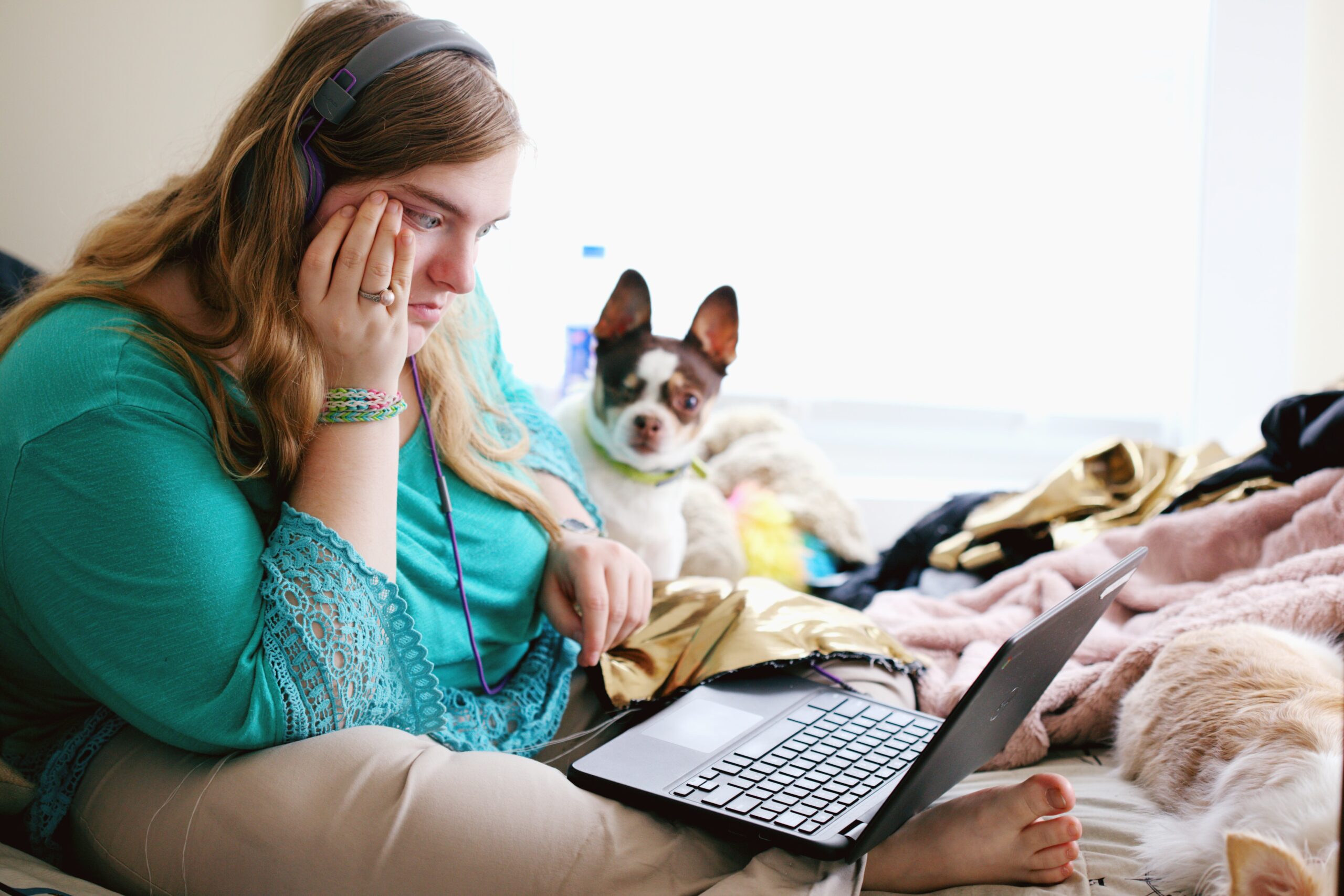Telehealth, pharmacy consultations, and remote patient monitoring are among proposals from Te Whatu Ora Health NZ’s to reduce the strain on hospitals this winter.
The plan aims to avoid unnecessary hospital visits, with wait times for Accident and Emergency last winter being the worst on record.
The SMC asked experts to comment.
Associate Professor Clive Aspin, School of Health, Te Herenga Waka | Victoria University of Wellington, comments:
“Critical to the provision of effective telehealth support is the importance of resourcing whānau to be the agents of change. This applies in many health domains, but especially in the realms of mental health and data sovereignty.
“Whānau must be adequately resourced so that they can be front and centre of all initiatives to improve access to services and improved mental health outcomes.”
No conflict of interest declared.
Associate Professor Dianne Sika-Paotonu, Immunologist, Associate Dean (Pacific), Head of University of Otago Wellington Pacific Office, and Associate Professor, Dean’s Department, University of Otago Wellington, comments:
“A Winter Preparedness Plan is encouraging news particularly at this time. Our health and associated support systems in Aotearoa New Zealand typically experience greater pressure during the winter months and the Covid-19 pandemic has generated significant and additional stress and strain to our already overloaded systems. Now moving into winter, significant health inequities still persist for many here in Aotearoa New Zealand.
“For the planned implementation of these services, it will be critical to consider and take into account the digital divide that currently exists for many within vulnerable communities, this includes for some elderly especially, and others also where digital or other platforms may be unsupported or challenging. Appropriate steps such as equity based approaches will be needed to help address barriers effectively and efficiently moving forward.
“To help assist with getting information out about these new services, working together with trusted providers, partners and organisations already well connected with their communities, will help ensure people are actually aware that these services are now available to them. Further directed efforts towards working together with and alongside trusted health providers, partners and organisations with strong community relationships and networks, could also help assist with the provision of some of these services.
“Collectively, these steps will help ensure information, and service options, reach those who will likely need them most in the first instance, and will also help identify barriers and accessibility issues that may need to be addressed.
“Equity based approaches take into account the specific and different needs of respective communities in seeking to address inequities effectively and efficiently by reducing barriers and building trust with people. “One-size fits-all” approaches that have dominated in the past, have benefitted many, but often left behind those most in need of help and assistance.
“At this time, regular childhood vaccine schedules (non-Covid-19) for children tamariki and tamaiki in Aotearoa New Zealand have been significantly affected by the Covid-19 pandemic. As a result, there is remains risks of outbreaks for measles and other illnesses that could be prevented through immunisation. Although Covid-19 has been a key focus over the past two years, it is important to remember that all childhood vaccinations are still important.”
No conflict of interest declared.
Associate Professor Terry Fleming, Co-leader Digital Mental Health Catalyst, Victoria University of Wellington, comments:
“Telehealth or phone and online support is a proven strategy. New Zealand has strong adoption of phone-based and online services including Healthline, 1737 and depression.org. During the Covid-19 lockdowns, the country quickly transitioned to many health care services being provided online or via phone (telehealth services), with many consultations taking place entirely online. Telehealth plays a crucial role in ensuring efficient, timely access to healthcare for all.
“For some, telehealth is more practical than attending in-person appointments due to factors such as travel time, access to transport, parking, and mobility concerns. Additionally, telehealth removes risks of infection while attending appointments. However, good telehealth still requires skilled providers and good support. If it is insufficiently resourced and if in-person help is not also available, then it is not safe. It needs to be a part of the healthcare response, rather than a standalone solution. When done well, telehealth allows effective use of resources and important options for patients and providers.
“Remote patient monitoring options can be life enhancing for patients and whānau, allowing people to remain with their families, in places that support their recovery and healing. But design and leadership by Māori will be critical. A trustworthy usable platform, data sovereignty and security will be critical and the expert clinical back up and rapid support must be there so that patients and families are safe.”
Conflict of interest statement: “I am a co-developer of SPARX computerised therapy for adolescent depression. The SPARX IP is owned by Uniservices and I can benefit financially from the licensing of SPARX outside of New Zealand.”
